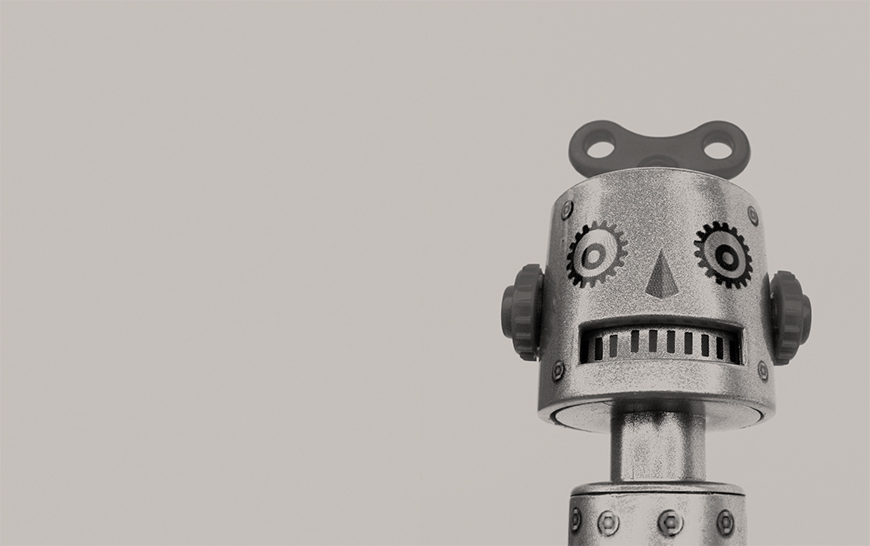When a colleague asked me a few weeks ago if I’d heard of ‘body doubling’, I replied that I was an actor, of course I had. In the film business, a body double is someone who stands in on set for one of the leads. They are used to perform a dangerous stunt or special skill, do a nude scene, or simply give the star a day off. ‘Not that kind of body double!’ was my colleague’s scoffed reply.
Teenage Gamer?
Later that day I found out what my colleague had been referring to. After lunch (I was working from home), I walked past my sixteen-year-old son’s closed bedroom door. He was clearly gaming online with his friends: I could hear him muttering. But he had an important exam the next day! He was meant to be revising! I decided to have a stern word and reached for his door handle. But then I wavered. ‘Everyone needs a break,’ I told myself, and went to my own desk.
A few hours later, I again walked past his bedroom door. Silence. Good. But then it started again: muttering! Did he not realise how important this exam was? As I stood there fulminating, his door opened, and he emerged, wearing headphones and smiling. ‘This is great, we’re getting loads done!’ he beamed. ‘Really, what level are you on now?’ was my withering reply. He was indignant. ‘We’re not gaming, we’re body doubling. It’s so much better than revising on your own!’
What is Body Doubling?
Body doubling, I have since learnt, is a productivity hack. Research shows that working in the presence of another person helps to keep you on track. In its purest form, body doubling does not involve participating in each other’s tasks. However, a collaborative form of body doubling is gaining popularity. In this version, two remote workers stay on a call and behave as though they were in the office together. There may be long periods of silence without interaction. Or they might chat, throw ideas around, even work on stuff together.
Writing Sprints
This latter type of body doubling clearly worked for my son (he did well in that exam, as it turned out). A few days later my wife shared another body doubling success story. To boost her progress with the novel she is currently writing, she joined an online writing sprint. Sessions are divided into hours: at the beginning of every hour, the session leader asks everyone to share briefly what they will be working on during the next hour. Then everyone turns off cameras and mikes and gets their head down.
At the end of the hour, the session leader ask everyone to come back into the room and share whether they achieved what they wanted to. The baton is handed to a different session leader, and the hourly cycle begins again. My wife reported that the presence of other writers – even though she couldn’t see or hear them – had dramatically boosted her productivity and made the hours whizz enjoyably by.
Accountability
Both stories make a strong case for body doubling, especially if (for whatever reason, including medical ones) self-motivation or focus are difficult. Both my wife and son told me that just having other people ‘there’ creates a different atmosphere. Sharing a target created useful accountability, and sharing an achievement created a moment of recognition and celebration.
At MSB, we love to be in the office together – but when we can’t be, I think we might just give body doubling a try! We’d love to hear from you, too – let us know how it’s worked out for you.








0 Comments